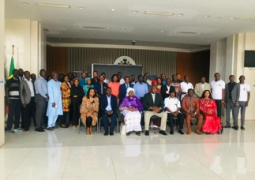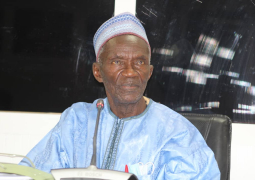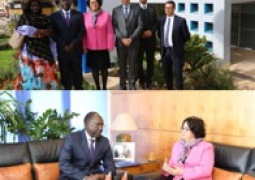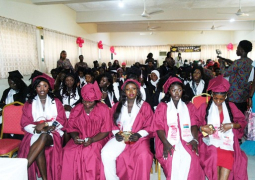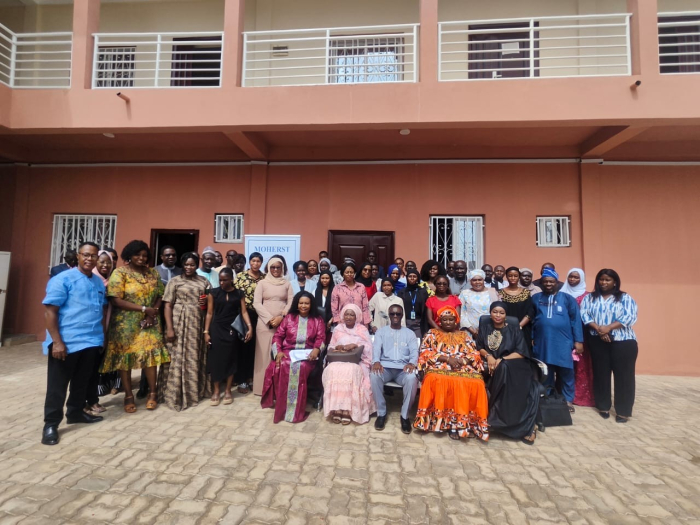
The event marks the Ministry’s first-ever National Gender Inclusion Policy for the increased enrolment and participation of the female gender in Tertiary and Higher Education. It brought together key stakeholders and accorded participants the opportunity to provide feedback on the pivotal gender inclusion policy which is designed to address gender inclusion issues in the country’s tertiary and higher education sector.
At the event, Prof. Pierre Gomez, minister for Higher Education, Research, Science and Technology, revealed that the policy document is not just a policy document, but a beacon of hope.
He said the policy is in the fight against systemic discrimination, barriers, and marginalisation of females and underrepresented groups in the tertiary and higher education sector.
“It is an instrument that has potential to increase the enrolment, retention, and promotion of females in leadership and decision-making. In Africa, women constitute 51% of the continent’s population, and in The Gambia, the female population is about 51%.”
In view of this, he said these are significant figures which should be a concern for governments and policy makers, adding that despite these figures, females remain underrepresented in STEM fields, academia, and even in decision making.
“With the advent of this new policy, the tertiary and higher education sector can now boast of institutions and the workforce, that are gender sensitive and ready to champion equitable societal transformation, through higher learning opportunities for both genders.” he informed.
This policy, he said, signals a collective response to social justice and a thrive towards educating and empowering females, saying that this calls for collective action from all stakeholders.
For her part, Ambassador Jainaba Jagne, Permanent Secretary at the Ministry described education as one of the most powerful tools for attaining transformative development and empowerment.
She added that the move can only truly empower when it is equitable, inclusive and discrimination-free.
Thus, she said, women, girls and persons with disabilities cannot be left out of development agendas due to their gender or their challenges.
PS Jagne advanced that the Gender Inclusion Policy is to promote gender equity, inclusion, and equality in tertiary and higher education to achieve economic growth and sustainable development.
The Policy document, she added, is embedded by ten provisions, such as access to tertiary and higher education learning environments, gender mainstreaming in administration, leadership, governance, and management and gender equity and inclusion.
“The provisions include- female participation in STEM and TVET, gender responsive learning and work environment, Gender-based violence, harassment and discrimination, female empowerment for capacity building and mentoring, Gender responsive research, partnerships and collaboration in gender and inclusion and resource mobilization and policy sustainability.”


